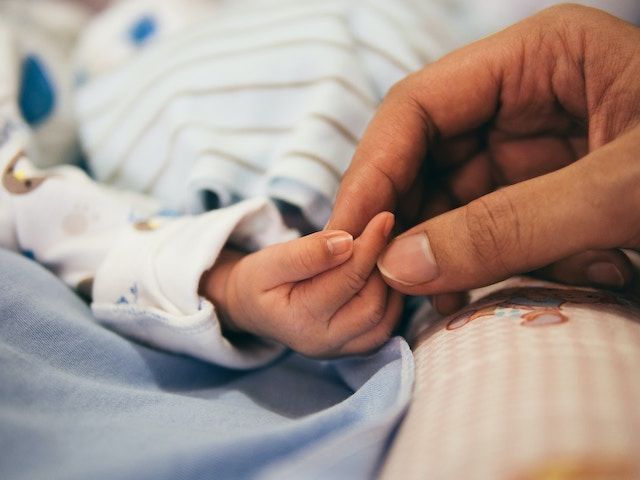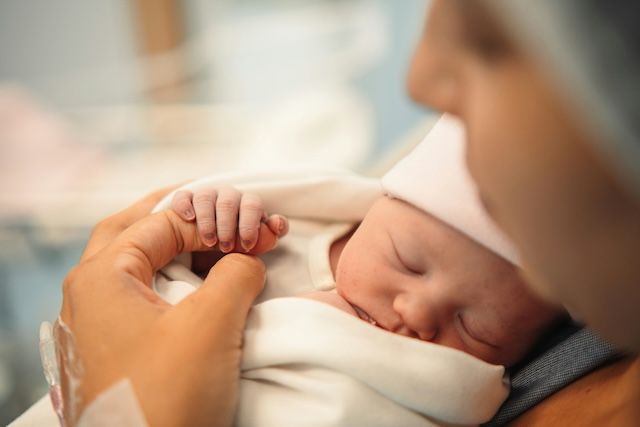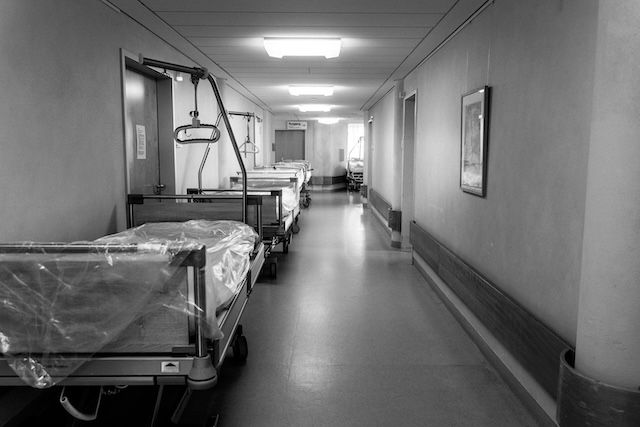Addressing the Disparity in Maternal and Infant Health Outcomes Among Black and Asian Communities
Highlighting the RCM's urgent call to address the heightened risk of stillbirths and neonatal deaths among Black and Asian communities, this article delves into the underlying socio-economic and healthcare disparities needing immediate action.
The recent report by the Royal College of Midwives (RCM), as a response to the MBRRACE-UK State of the Nation report on perinatal mortality, sheds light on a critical public health concern: the disproportionately high rates of stillbirths and neonatal deaths among Black and Asian women in the UK. The findings highlight a stark reality where social inequalities and healthcare disparities converge, resulting in tragic outcomes for some of the most vulnerable in society.
The data from the MBRRACE-UK report is troubling, indicating that Black and Asian babies in the UK face a significantly higher risk of stillbirth or neonatal death compared to their white counterparts. This disparity is not a standalone statistic but a symptom of deeper, systemic issues. Black and Asian women, particularly those living in deprived areas, are often at the intersection of multiple disadvantages, including limited access to quality healthcare, socio-economic challenges, and, at times, linguistic barriers.
 Photo by Aditya Romansa
Photo by Aditya Romansa
Lia Brigante, RCM’s Quality and Standards Advisor, emphasizes the necessity of addressing these health inequalities. Her statement underscores the complex interplay of factors contributing to these adverse outcomes. It is a call to action for healthcare providers to improve education, awareness, and personalized care for Black and Asian women.
The MBRRACE-UK report’s findings are a stark reminder of the challenges faced in antenatal care. The report found significant issues in the care provision for a majority of Black and Asian women. Furthermore, there was a notable inconsistency in recording citizenship and ethnicity, especially for Asian women, which impacts the delivery of tailored care.
The RCM's response is a plea for a multi-agency approach to tackle these issues. This approach involves collaboration among clinicians, midwives, obstetricians, and government bodies. The goal is to ensure early identification of risks, provide specialized care, and address socio-economic factors contributing to these disparities.
The RCM's call for government action is a critical component of this multi-faceted issue. Government intervention is essential in mitigating the socio-economic factors that contribute to these disparities. Investment in education, specialized training for midwives, and funding for targeted programs can play a significant role in changing the current scenario.
Additionally, the RCM's production of specialist guidelines for the care of vulnerable migrant women is a step in the right direction. These guidelines aim to equip midwives with the knowledge and tools needed to cater to the unique challenges faced by women experiencing severe disadvantages.
The high rates of stillbirths and neonatal deaths among Black and Asian communities in the UK are a pressing public health issue that requires immediate and concerted action. This situation calls for a holistic approach, combining improved healthcare provision, targeted education and training for healthcare professionals, and policy interventions to address the underlying socio-economic factors. As a society, it is imperative to acknowledge and address these disparities to ensure that every woman and child, regardless of race or socio-economic status, has access to the highest standard of healthcare. The RCM's response to the MBRRACE-UK report is not just a call for change but a roadmap for creating a more equitable healthcare system.
Source: RCM





